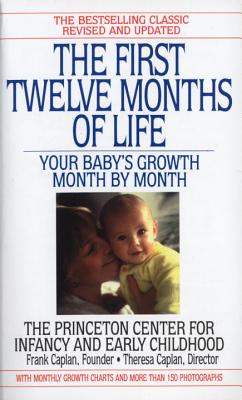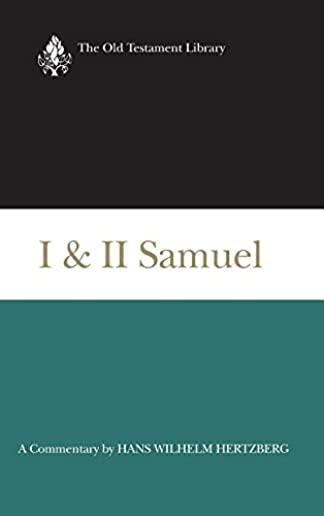
description
e of American Romanticism explores how American Romanticism developed in response to pervasive conflicts over democracy's moral dimensions in the early republic and antebellum eras. By recovering the long-under-examined tradition of political liberalism for literary studies, it traces how US writers reacted to ongoing moral and political conflict by engaging with liberal thinkers and ideas as they endeavored to understand how individuals beholden to a divergent array of moral convictions might nevertheless share a stable and just political world--the very dilemma at the core of political liberalism. This study demonstrates how those philosophical engagements sparked Romanticism's rise and eventual flourishing as US writers increasingly embraced Romantic literary modes emphasizing the imagination's capacity for creative synthesis and the role it plays in shoring up the habits of mind and feeling that are vital to a meaningful democratic culture. It offers revisionary readings of works by Charles Brockden Brown, Robert Montgomery Bird, James Fenimore Cooper, Harriet Beecher Stowe, Frederick Douglass, and Nathaniel Hawthorne to show how these Romantic writers were preoccupied with how individuals come to embrace their deepest convictions and what happens when they encounter others who see the world differently.
member goods
No member items were found under this heading.
Return Policy
All sales are final
Shipping
No special shipping considerations available.
Shipping fees determined at checkout.







